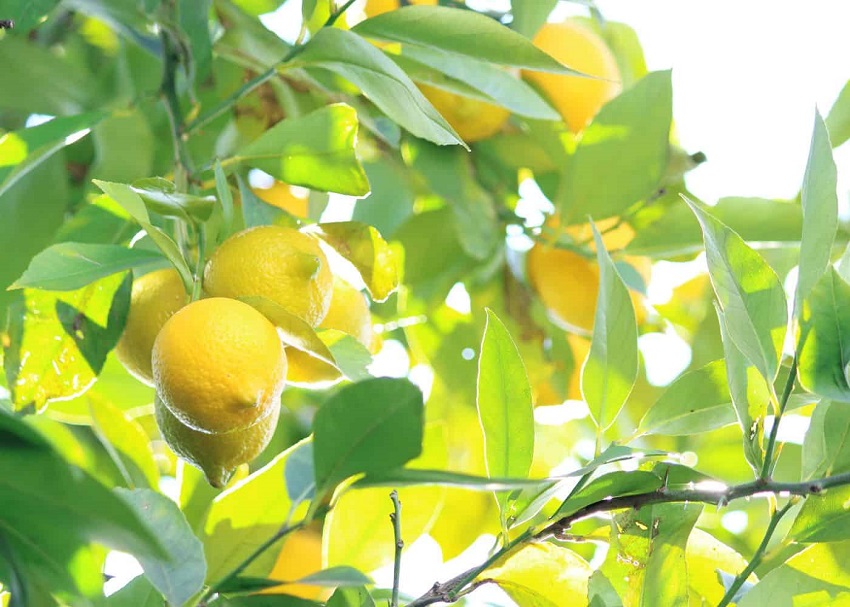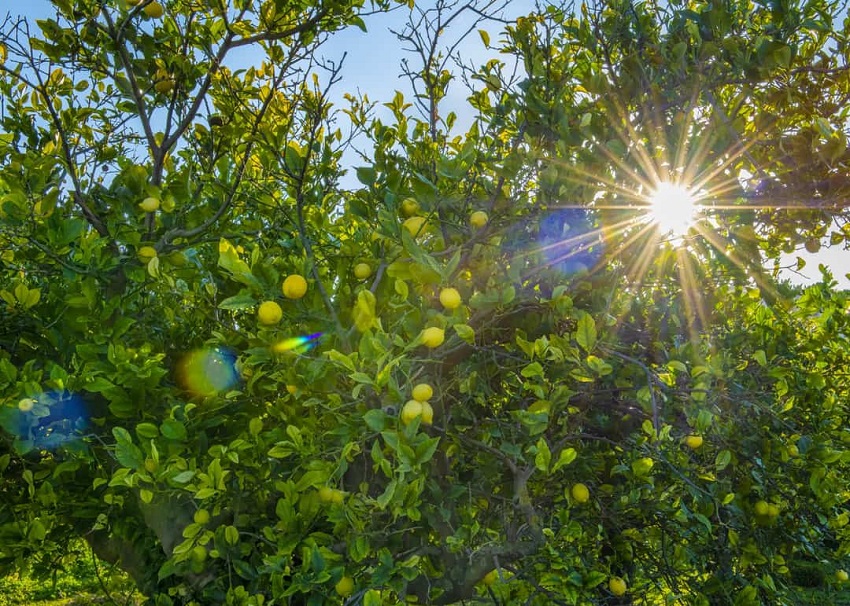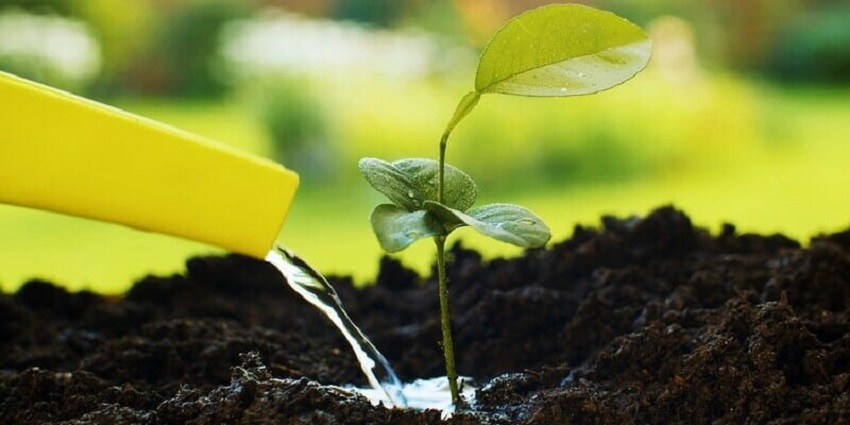
17 Aug What Climate is Best for Lemon Trees?
Lemons are a delicious and versatile fruit that is prized for their tangy flavor and fragrant aroma. Lemon trees are easy to care for and can be grown in a range of climates, but they do have specific temperature and climate requirements that need to be met for optimal growth and fruit production. In this article, we’ll explore what climate is best for lemon trees, and provide you with tips on how to adjust your growing conditions to suit your lemon tree’s needs.
Temperatures for Lemon Trees
Lemon trees have a relatively narrow temperature range, and they require both warm daytime temperatures and cool nighttime temperatures to thrive and produce fruit. The ideal temperature range for lemon trees is between 70-100°F (21-38°C) during the day and 55-65°F (13-18°C) at night.
Lemon trees are sensitive to frost, and temperatures below 32°F (0°C) can damage or kill the tree. The areas that experience frequent and prolonged periods of freezing temperatures are not suitable for growing lemon trees.
On the other hand, temperatures that are too high can also negatively affect the growth and health of lemon trees, especially during the hottest months of the year. Consistently high temperatures above 100°F (38°C) can cause the tree to drop its flowers, which leads to decreased fruit production.
When it comes to lemon tree growth stages, it’s important to note that lemon trees can tolerate short-term temperature fluctuations, but prolonged exposure to extreme temperatures can cause damage and affect the tree’s overall health.
Climate Requirements for Lemon Trees
In addition to temperature, lemon trees have specific climate requirements that need to be met for optimal growth and fruit production.
Sunlight
Lemon trees require plenty of sunlight to produce healthy foliage and fruit. They require a minimum of 6-8 hours of direct sunlight each day, although they can tolerate some shade during the hottest part of the day. Adequate sunlight ensures that the tree produces enough carbohydrates for optimal growth and fruit production.
Humidity
Lemon trees require moderate to high humidity levels for optimal growth. While lemon trees can tolerate dry air, they prefer tropical or subtropical climates with higher humidity levels. Humidity levels between 50-70% are ideal for lemon trees.
Soil
Lemon trees prefer well-draining soil that is slightly acidic, with a pH between 5.5-6.5. They can tolerate a range of soil types, including sandy, loamy, and clay soils, as long as they are well-draining. Soil that is too alkaline can lead to health problems, including chlorosis and decreased fruit production.
Rainfall
Lemon trees require moderate rainfall to produce fruit, ideally between 40-50 inches per year. However, they can tolerate drier conditions as long as they receive adequate irrigation.
Winds
Lemon trees are susceptible to wind damage, especially during the flowering period. It’s best to plant lemon trees in areas with moderate to light winds, or to provide shelter by planting windbreaks or using other forms of protection.
Adjusting Growing Conditions for Lemon Trees
If your climate doesn’t meet the ideal temperature and climate requirements for lemon trees, there are several steps you can take to adjust your growing conditions and ensure optimal growth and fruit production.
Planting Location
Start by selecting the right planting location for your lemon tree. Choose a location that receives full sun for at least 6-8 hours each day and offers some wind protection. Avoid planting lemon trees in frost pockets or areas that are prone to frost damage.
Soil
Amend your soil to improve drainage and increase acidity if necessary. Add organic matter such as compost or aged manure to improve the soil structure and increase water retention. Test your soil pH regularly and adjust if necessary.
Watering
Provide your lemon tree with regular watering, especially during the growing season. Water deeply but infrequently, allowing the soil to dry out slightly before watering again. Adjust watering frequency depending on weather conditions and soil moisture levels.
Fertilization
Lemon trees require regular fertilization to produce healthy foliage and fruit. Apply a balanced fertilizer that is high in nitrogen, phosphorus, and potassium, as well as micronutrients like iron and magnesium. Apply fertilizer every three months during the growing season.
Pest Control
Protect your lemon tree from pests by providing regular pest control measures. Common pests that affect lemon trees include citrus leaf miner, spider mites, and aphids. Use organic or chemical pest control methods as necessary to protect your tree from pests.
In conclusion, the best climate for lemon trees is a warm and sunny subtropical or tropical climate. Lemon trees require warm daytime temperatures and cool nighttime temperatures, high humidity levels, moderate rainfall, and plenty of sunlight for optimal growth and fruit production. If your growing conditions don’t meet these requirements, you can adjust your growing conditions by selecting the right planting location, amending your soil, providing regular watering and fertilization, and protecting your tree from pests.
FAQs
Q: Can lemon trees grow in cold climates?
A: Lemon trees are sensitive to frost and cannot tolerate prolonged periods of freezing temperatures. They require warm daytime temperatures and cool nighttime temperatures. If you live in a cold climate, you can grow lemon trees in containers and move them indoors during the winter or provide frost protection through careful selection of location and protections.
Q: How often should I fertilize my lemon tree?
A: Lemon trees require regular fertilization during the growing season. Apply a balanced fertilizer every three months, including micronutrients like iron and magnesium.
Q: Do lemon trees require special pruning?
A: Lemon trees require regular pruning to remove dead or diseased wood and promote healthy growth. Prune in late winter or early spring before new growth begins.
Q: What pests commonly affect lemon trees?
A: Common pests affecting lemon trees include citrus leaf miner, spider mites, and aphids. Use organic or chemical pest control methods as necessary to protect your tree from pests.
Q: How long does it take for a lemon tree to bear fruit?
A: Lemon trees typically start bearing fruit within three to five years after planting. The tree can continue to produce fruit for up to 30 years with proper care and attention.


Sorry, the comment form is closed at this time.